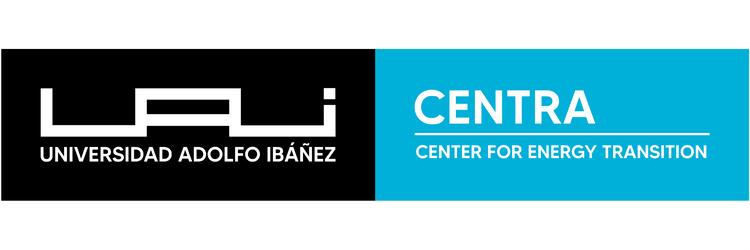Experts point out the high cost of not having energy available
July 18, 2023
In an effort to clarify key questions regarding electricity supply availability in the context of climate change and growing energy demand, the discussion “Energy Security: What is the Cost?” was held as part of the lecture series organized by Universidad Adolfo Ibáñez (UAI) and WEC Chile.
Panelists:
- María Helena Lee, Head of the International Relations Office, Ministry of Energy
- Ernesto Huber, Executive Secretary, National Electrical Coordinator
- Luis Llano, CEO of ISA Interchile
- Cristián Araya, Lawyer at the Energy Transition Center (CENTRA UAI)
Ernesto Huber emphasized the need for robust and resilient transmission networks to withstand extreme events such as storms. As more renewable energy sources are integrated into the system, they must possess grid attributes to maintain stability during disturbances.
“Having local energy is crucial in situations like external conflicts. In such cases, renewables act as a shield for Chile. Without security, there is no successful energy transition,” he stated.
Additionally, he highlighted that Chile has abundant resources for battery production and should advance integration with neighboring countries.
Cristián Araya pointed out that certain technologies should not be discarded too quickly as they play a role in maintaining balance during the transition.
“We cannot eliminate all technologies. Some fuels, like liquefied gas, will remain essential during this transition, as most households rely on them. Authorities must not overlook this reality,” he warned.
On regulatory challenges, Araya acknowledged that while progress has been made in energy storage, the permitting process must be optimized.
“Bureaucratic permitting can be a decisive factor in whether we find solutions or not,” he stated.
María Helena Lee stressed that climate change and energy security are global challenges.
“The war in Ukraine has affected us all. This is why cooperation and integration are fundamental for the energy transition. We must explore new energy sources, which is particularly beneficial for Chile given its abundant solar and wind resources,” she emphasized.
The Importance of the Energy Trilemma
“Energy security is not just about the present; it must also ensure that we can meet demand in 10, 15, or 20 years. The highest cost of energy is not having it at all,” stated Luis Llano, CEO of ISA Interchile.
He highlighted the significance of the World Energy Council (WEC) Trilemma Index, which evaluates countries based on:
- Energy Security
- Energy Equity
- Environmental Sustainability
This tool allows countries to assess their public policies and determine their system’s resilience.
“According to the latest Energy Trilemma Index, Chile has made significant progress in diversifying its energy matrix. In fact, it ranks second-best in Latin America. However, there is still work to be done in policy improvements and energy efficiency,” Llano noted.
Finally, he emphasized that Latin America holds enormous energy potential and could support the global energy transition, making regional cooperation essential.
Read the full article in WEC.

